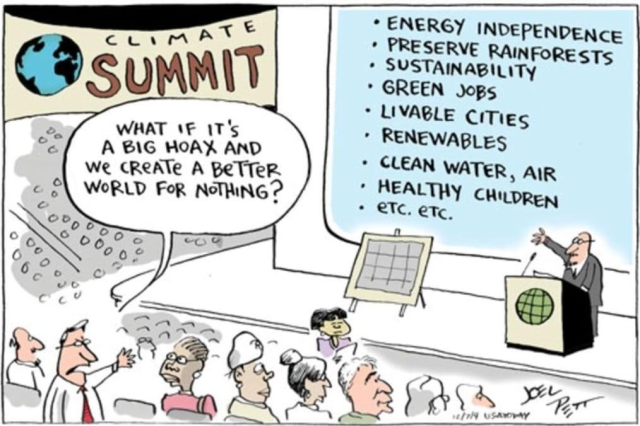- Joined
- Dec 22, 2012
- Messages
- 81,795
- Reaction score
- 27,852
- Location
- Portlandia
- Gender
- Male
- Political Leaning
- Libertarian - Right
What if the article isn't correct? How about we start with a paper they use. Look at its title.Read the article again, this time without confirmation bias. That is NOT the correct conclusion to derive from it.
Global ocean heat content 1955–2008 in light of recently revealed instrumentation problems
Look at some of what your link says:
Averaged over the full depth of the ocean, the 1993–2021 heat-gain rates are approximately 0.64 to 0.80 Watts per square meter.
The only thing that can heat the ocean at this rate is the sun. Neither CO2 or conductance with the atmosphere can come anywhere close to this rate of ocean warming.
Heat already stored in the ocean will eventually be released, committing Earth to additional surface warming in the future.
Aren't you and others continually saying my claim of several decades for the ocean to equalize, is wrong? Seems to me this supports my claim.
The math on their graph doesn't add up. The 28 years to get another 20x10^22 joules would take a net average forcing of 6.3 W/m^2. Don't believe me? Check my math.
This article has too many flaws in it. Very amateurish as if it was written by a pundit, and not a scientist.
I like to see who writes these things.
Muck Rack has Rebecca Lindsey listed as a journalist, with a current job at NOAA as Senior Science Writer and Editor. They have a list of 132 articles for her. No schooling listed.
Muck Rack | For journalists and public relations
Find Rebecca Lindsey of NOAA Climate.gov's articles, email address, contact information, Twitter and more
LuAnn Dahlman is listed on Linkedin as a science writer and with NOAA since 2008. BS Geology 1983 ASU.
Last edited:




